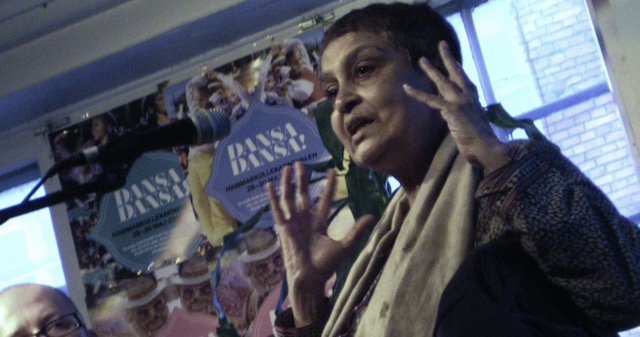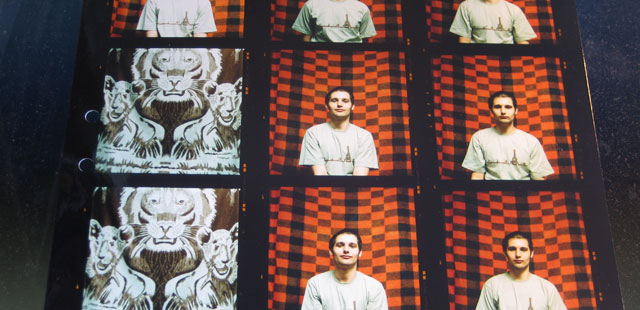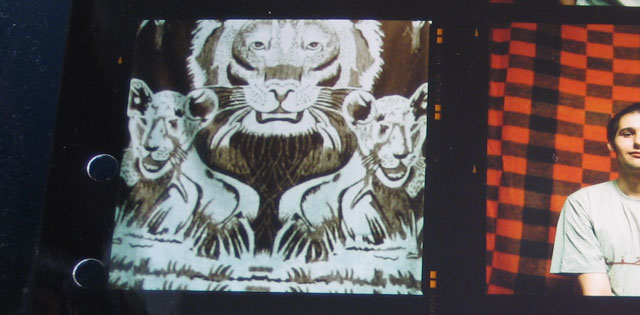The size of the stone used in stoning shall not be too large to kill the convict by one or two throws and at the same time shall not be too small to be called a stone. “That is, pebbles are ruled out, but so are rocks big enough to kill quickly. As Slate magazine explained, the stones should be “around the size of a tangerine.”
→ National Post: Graphic, anatomy of a stoning
And they have rats down there that have maybe never seen the surface. If they did, then they’d run people out. Like in the movies. You see, we only see the tail end of it. And we only see the weak rats, the ones that get forced out to look for food.”
→ BLDGBLOG: Stratigraphies of Infestation
Now as all the Rats will not run out of the packing cases or waste paper, but will hide amongst the same, this is the time to take a good terrier dog or two with you, and to have a bit of sport. Let one dog hunt among the cases, etc., and hold the other, for the Rats will soon make for the holes, but the rags preventing their escape you will catch and kill a great many by this means.
→ Project Gutenberg, Ike Matthews: Full Revelations of a Professional Rat-catcher
After I’ve gathered my sources, I pull out usable quotes, cite them, and distribute them among the sections of the assignment. Over the years, I’ve refined ways of stretching papers. I can write a four-word sentence in 40 words. Just give me one phrase of quotable text, and I’ll produce two pages of ponderous explanation. I can say in 10 pages what most normal people could say in a paragraph.
→The Chronicle of higher education, Ed Dante: The Shadow Scholar
It looks like any other sea slug, aside from its bright green hue. But the Elysia chlorotica is far from ordinary: it is both a plant and an animal, according to biologists who have been studying the species for two decades. Not only does E. chlorotica turn sunlight into energy — something only plants can do — it also appears to have swiped this ability from the algae it consumes.
→ MMN.com, Stephanie Rogers: Bizarre sea slug is half plant, half animal










